
The event marks the 55th anniversary of the Vietnam Film Festival (1970-2025), and is expected to lay the foundation for the strong development of the Vietnamese film industry in the coming time.
Outstanding marks
The 24th Vietnam Film Festival gathered 144 films of many genres, reflecting the filmmakers' efforts to innovate from theme to storytelling. Based on the criteria of content capturing the breath of the times, rich in cultural identity, direction and comprehensive, sustainable and integrated development, the Film Selection Council selected 87 official works to compete at the festival (including 16 feature films, 36 documentaries, 14 scientific films and 21 animated films).
Notably, 11/16 competing feature films all earned over 100 billion VND in revenue, especially Red Rain which earned over 700 billion VND. This year’s film festival witnessed the spectacular return of State films, especially revolutionary war films, notably Red Rain, Tunnels: The Sun in the Dark, and Death Battle in the Air.
Deputy Minister of Culture, Sports and Tourism Ta Quang Dong assessed: over the past two years since the 23rd Vietnam Film Festival (2023) up to now, the strong vitality of the country's cinema can be clearly seen: the quantity and quality of films have increased, the film market is vibrant, Vietnamese works are positively received at international film festivals and a generation of young filmmakers full of courage and creativity has been formed. Many films have become cultural ambassadors, contributing to promoting the image of the country, people, cultural identity and tourism of Vietnam to international friends. In addition to maintaining the regular award system, a new feature of the 24th Film Festival is the recognition and awarding of Certificates of Merit by the Minister of Culture, Sports and Tourism to individuals and groups with special contributions to cinema.
The highlight of the 24th Film Festival is the Panorama program, which screens films not included in the competition program, produced in the past two years, of many genres, diverse in style and subject.
At the same time, cinema lovers in the city named after Uncle Ho can also join in the exciting atmosphere of the Film Festival through activities such as: photo exhibition " Ho Chi Minh City rises with the country through the perspective of cinema"; program "Music in movies" at Nguyen Hue walking street; activities to experience, visit, promote the beauty of the city. At this event, Ho Chi Minh City was honored to receive the UNESCO certificate of recognition as "Global Creative City of Cinema".
Along with that, the seminars and thematic discussions within the framework of the Film Festival are forums for artists, managers, film producers, distributors and distributors to exchange experiences and promote the development of the film industry... Director Charlie Nguyen is optimistic: The 24th Film Festival is like a timely push, affirming a very important thing: we have audiences, a market, internal strength and support from the State to turn Vietnamese cinema into a decent industry.
Prospects for development
Established in 1970, over the past 55 years, the Vietnam Film Festival has contributed to honoring outstanding cinematic works, while also showing the transformation of the cinema industry, from the resistance period to the period of innovation and international integration.
Through each Film Festival, many cinematic talents are discovered and honored, from which they continue to contribute and create tirelessly, creating a solid foundation for Vietnamese cinema. The Golden Lotus Awards given to the best works and individuals at each Film Festival have truly become the pride of national cinema.
Not only making their mark domestically, many Vietnamese cinematographic works have entered the world arena and won prestigious awards, affirming their position in the region and the world. Typical examples include the film Wild Field (directed by Nguyen Hong Sen, 1979) which won the Golden Lotus Award at the Vietnam Film Festival in 1980 and the Gold Medal at the Moscow International Film Festival in 1981.
The film When October Comes (director Dang Nhat Minh, 1984) won the Golden Lotus Award at the 1985 Vietnam Film Festival, the Special Award at the Asia-Pacific Film Festival (1989), and a certificate of merit from the Peace Protection Committee at the Moscow International Film Festival (1985).
The film Doi Cat (director Nguyen Thanh Van, 1999) won the Golden Lotus Award at the Vietnam Film Festival in 2001, the Special Award at the Amiens Film Festival in 2000, and the Best Film at the Asia-Pacific Film Festival in 2000.
Recently, the film Glorious Ashes (director Bui Thac Chuyen, 2022) won the Golden Lotus Award at the 2023 Vietnam Film Festival, and won the Golden Balloon Award (Montgolfière D'or) at the 3 Continents Film Festival, held in Nantes (France).
The documentary film The Children in the Mist (director Ha Le Diem, 2021) won the Golden Lotus Award at the 2023 Film Festival, won the award for best international film at the Docaviv Film Festival and the award for best director at the Amsterdam International Documentary Film Festival.
Following those proud results, the 24th Vietnam Film Festival with a series of large-scale events, opening up a colorful cultural space, affirming the prestige of a national brand of cinema. Mr. Dang Tran Cuong, Director of the Department of Cinema, emphasized: "This is not only a place to honor creativity but also a bridge to bring Vietnamese cinema into deep integration, meet the needs of the audience and develop sustainably."
However, it is also necessary to frankly acknowledge that building the film industry in the new period requires open mechanisms and policies, systematic investment resources, strengthening public-private cooperation, developing high-quality human resources, expanding international cooperation and strongly applying science and technology in film production and dissemination.
Producer Trinh Hoan (representative of HK Film) suggested: “For Vietnam to truly be a cinema that develops in a sustainable direction while still integrating into the flow of world cinema, it is necessary to have the State’s support for projects with a special voice, with the potential to expand the market and accept large investment risks. Without this support, reaching out to the world will still only be a solitary effort of a few businesses/individuals with strong potential.”
If current obstacles are resolved, Vietnamese cinema will play a key role in the cultural industry - both imbued with national cultural identity and having the power to spread and affirm its position in the international arena.
Source: https://nhandan.vn/ton-vinh-ban-sac-va-hoi-nhap-quoc-te-post925165.html








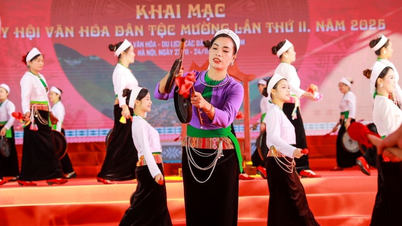

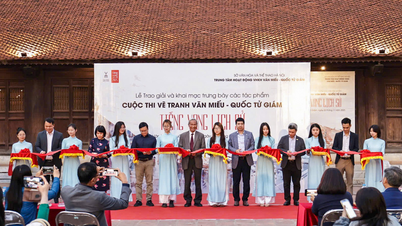
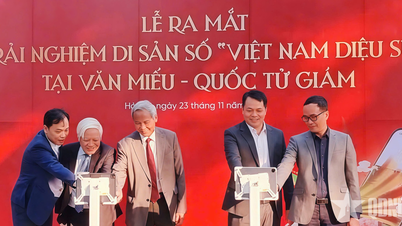


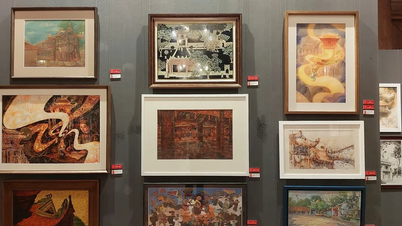







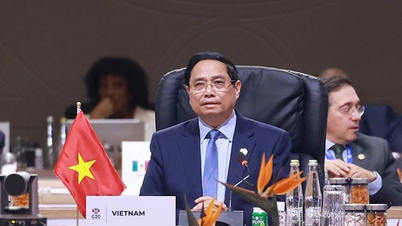



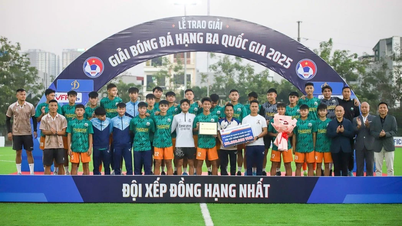

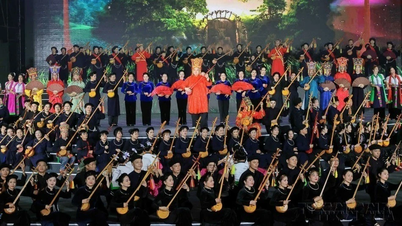

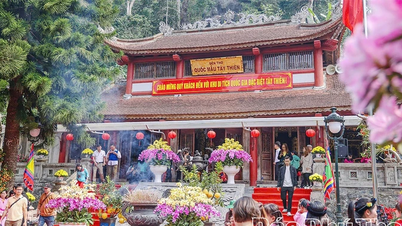

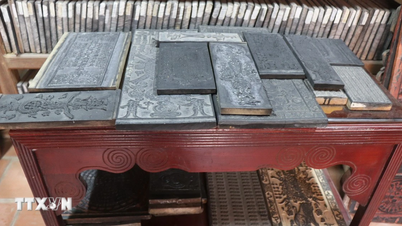

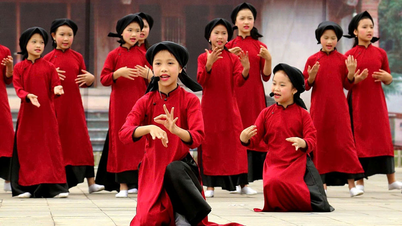
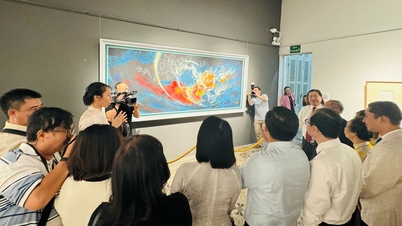










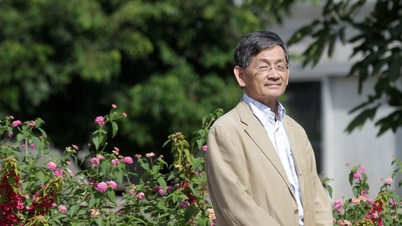














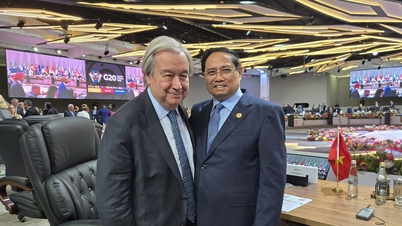
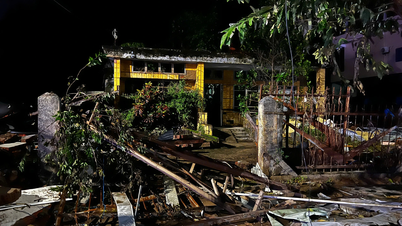



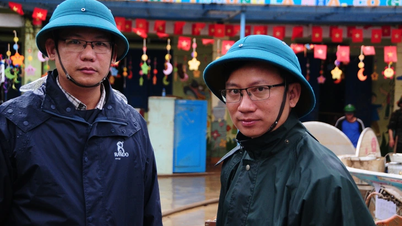
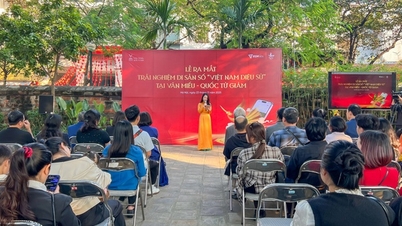


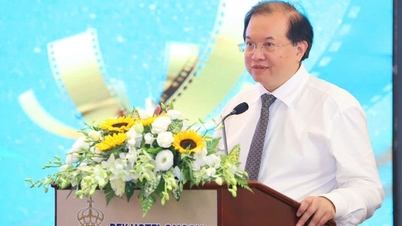

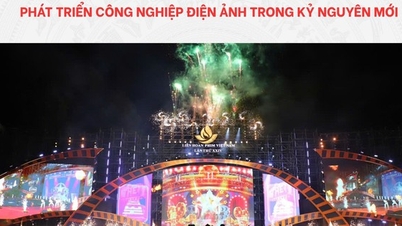
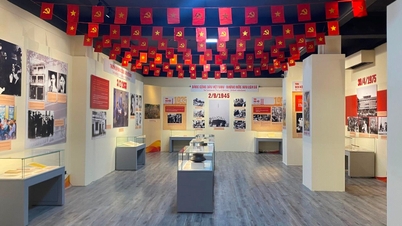





















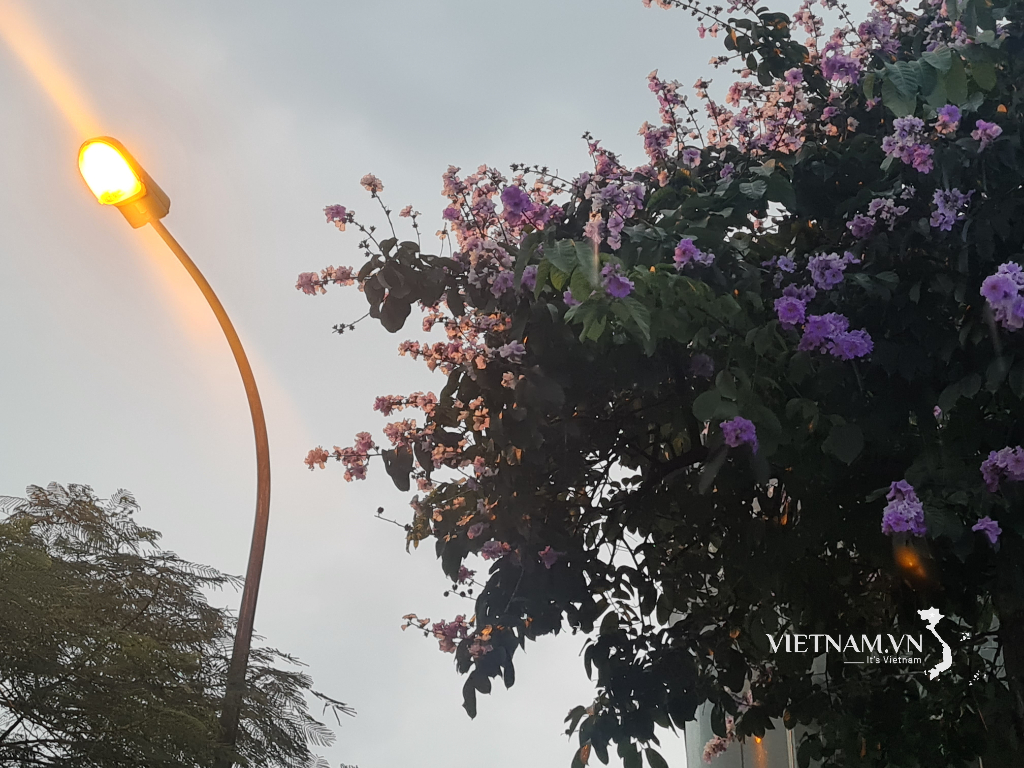
Comment (0)